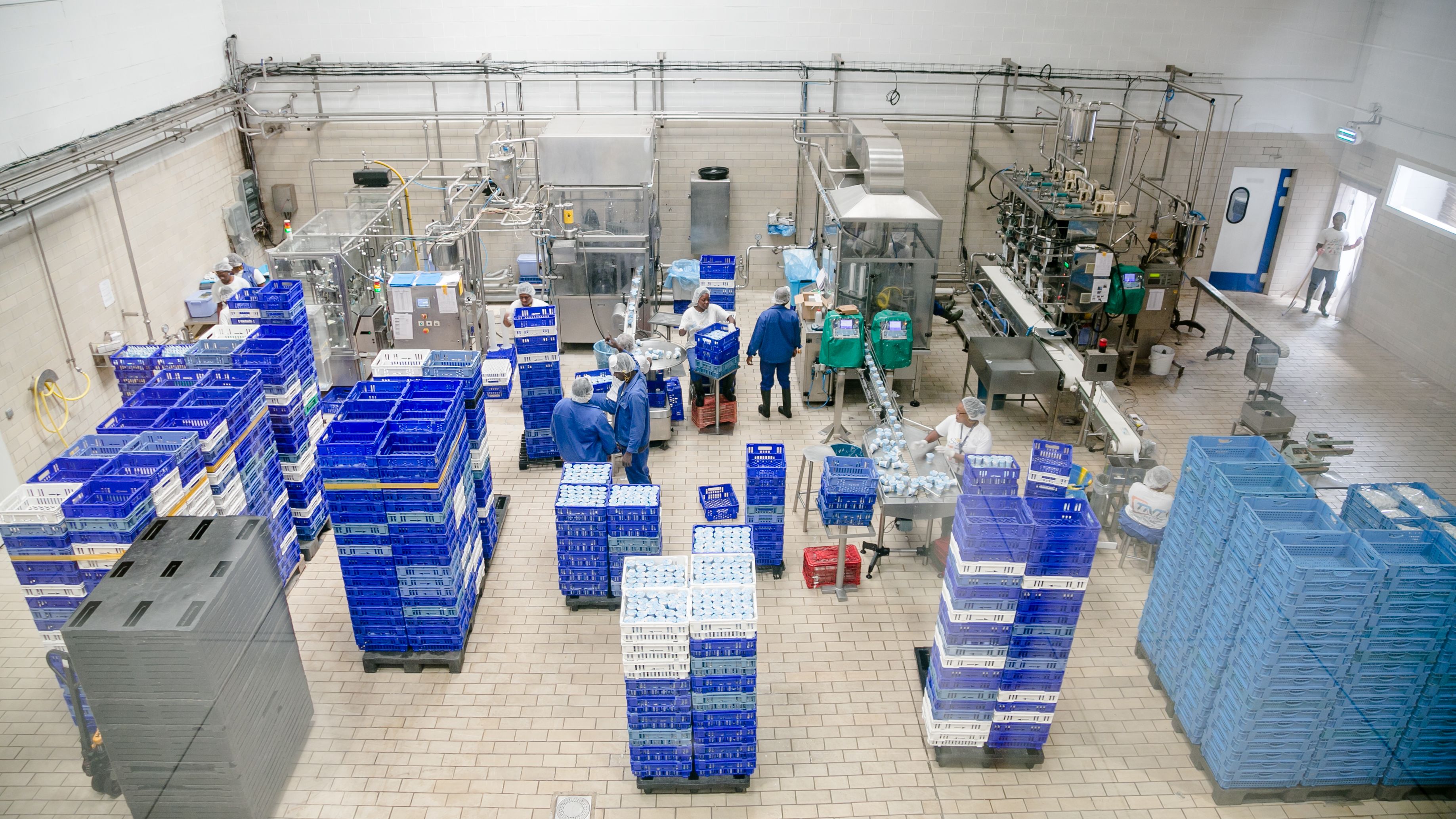

Helping developing countries get up to speed on food safety standards
26 April 2022 UNIDO
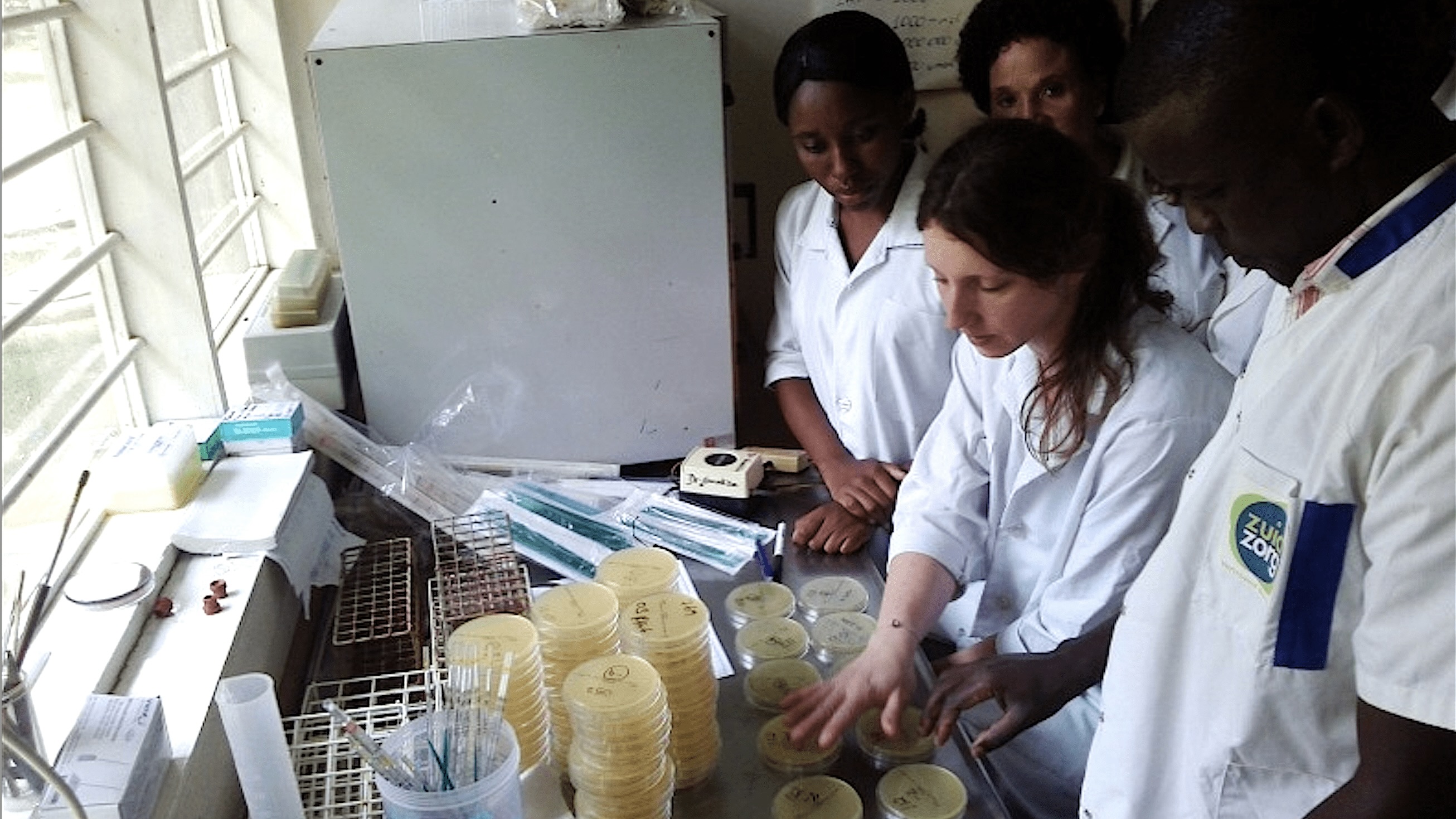
Contaminated food causes 600 million cases of foodborne disease a year and over 400,000 deaths, demonstrating the clear connection between food safety and public health. Yet the importance of food safety goes beyond direct impacts on health. It is also fundamental for developing market economies, maintaining livelihoods, and increasing trade – especially for developing countries trying to break into growing global markets in food and agriculture.
International trade in food and agriculture more than doubled in value between 1995 and 2018 to US$1.5 trillion when technological improvements and lower trade barriers spurred the growth of global value chains. This explosion in trade has widened supply and boosted opportunities to improve livelihoods. But it has also put a renewed focus on food safety standards as higher volumes of perishable goods move across borders. In the wake of the COVID-19 pandemic, which has further highlighted the connections between health, the environment and development, food safety concerns look certain to become a growing international priority.
The Codex Alimentarius Commission, established in 1963 under the UN Food and Agriculture Organization and the World Health Organization, is where food safety regulators from all over the world convene to set food safety standards based on scientific principles. Originally, countries applied their own individual, national standards. But with the establishment of the World Trade Organization (WTO) in 1995, Codex gained more importance thanks in the main to the Sanitary Phytosanitary (SPS) measures and Technical Barriers to Trade (TBT) agreements that set norms on the safe trade of food and agricultural products worldwide.
Even though Member State engagement has improved in recent years, many developing countries still struggle to benefit fully from Codex membership, both in terms of involvement in the standard-setting process and in their ability to implement its standards and guidelines. This is because as science evolves, countries with already limited capacities are often unable to address more complex, increasingly stringent food safety requirements and regulations set by more developed countries.

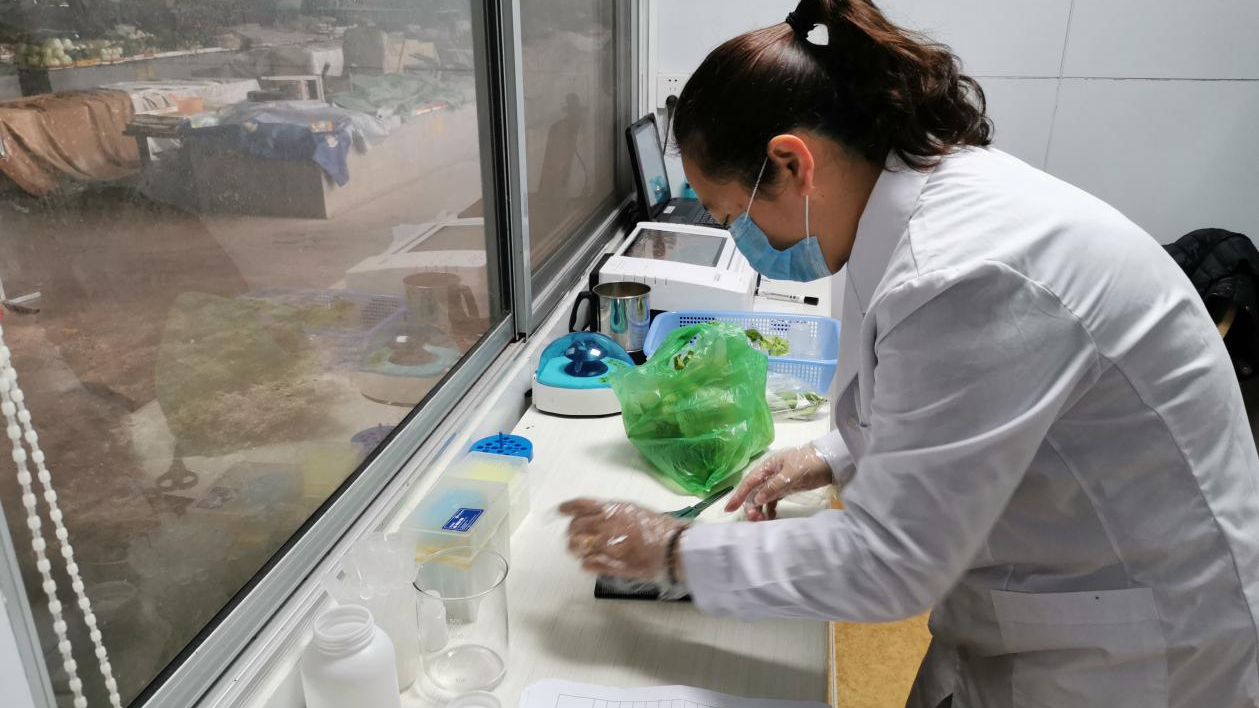
In partnership with other organizations, the United Nations Industrial Development Organization (UNIDO) is responding to requests from developing countries to support their participation in the international standard-setting process, respond to queries on the international food trade regime, and to help design and implement more robust food safety systems.
With decades of experience in supporting its Member States to develop, improve and implement standards across a range of industries, UNIDO provides valuable technical know-how and institutional knowledge through its capacity-building projects. Beyond that, the Organization acts as a convenor to bring together a wide range of partners, using its expertise to perform a bridging role, encouraging the flow of knowledge and best practices among standard-setting agencies, governments and industry to develop more achievable solutions adapted to individual country circumstances.
UNIDO is also an active observer of the Codex Alimentarius and is thus able to provide the most recent scientific knowledge to its Member States. As Steve Wearne, Chair of the Codex Alimentarius Commission stated, “UNIDO plays a vital role in helping to translate Codex food safety and quality standards into action by working with countries to build awareness and plan implementation of international standards in a way that matches their priorities and capacity.”
In 2019, UNIDO joined forces with the Standards and Trade Development Facility, hosted by the WTO, in an innovative pilot project to use so-called voluntary third-party assurances (vTPAs) to improve decision-making in food safety enforcement for Mali and Senegal. This project was the first of its kind to collect lessons learned on draft Codex standards from developing countries before their adoption.
The rationale behind this new approach was to allow national regulators to make more informed decisions within Codex. It also helped raise awareness in developing countries of a new food safety regulatory concept, which has already been championed by a number of developed countries, such as Germany, the Netherlands and the United Kingdom. In addition to countries in West Africa, UNIDO has also established partnerships under the initiative in Latin America, thanks to its continuous engagement with the Inter-American Institute for Cooperation on Agriculture.
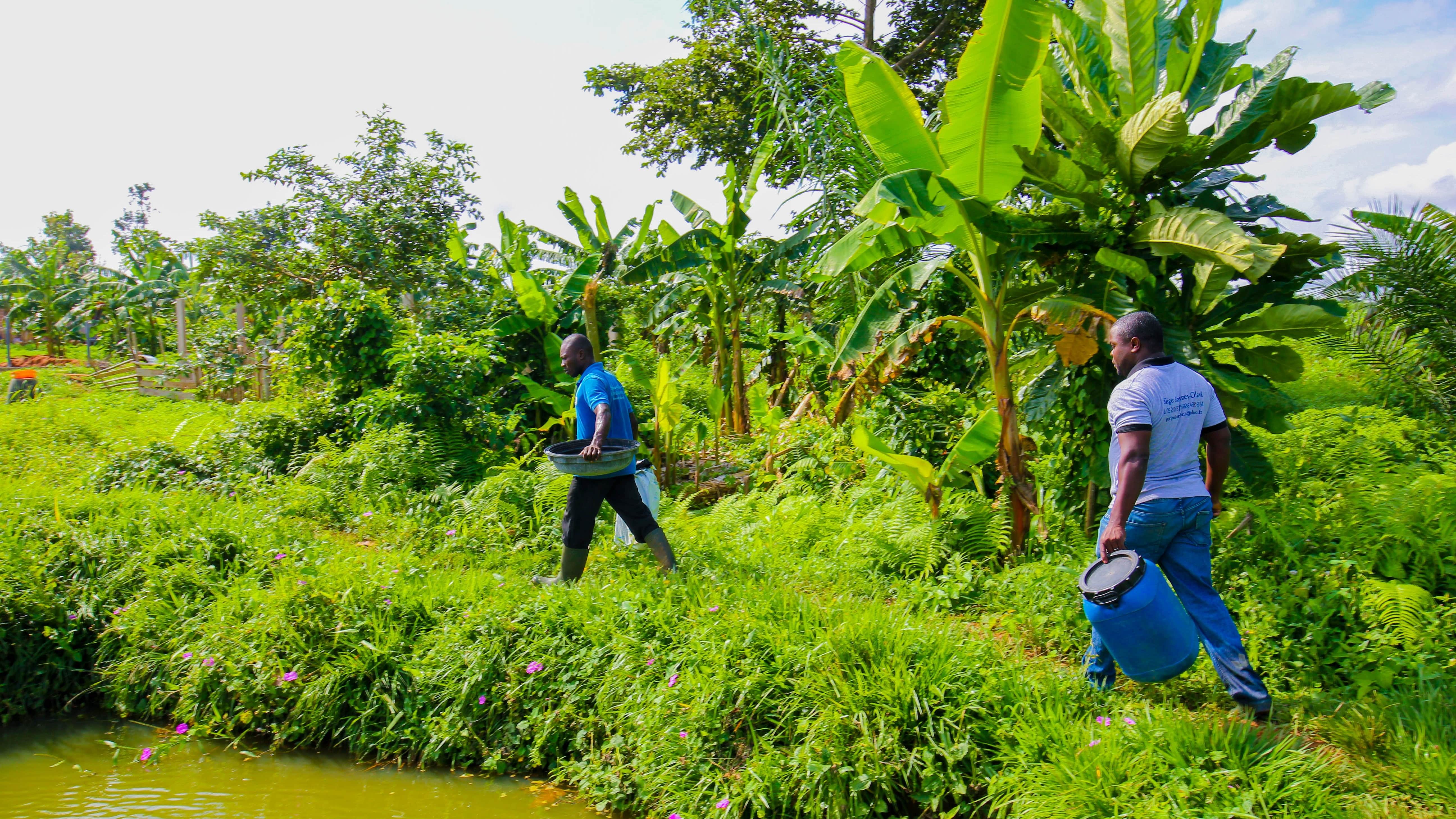
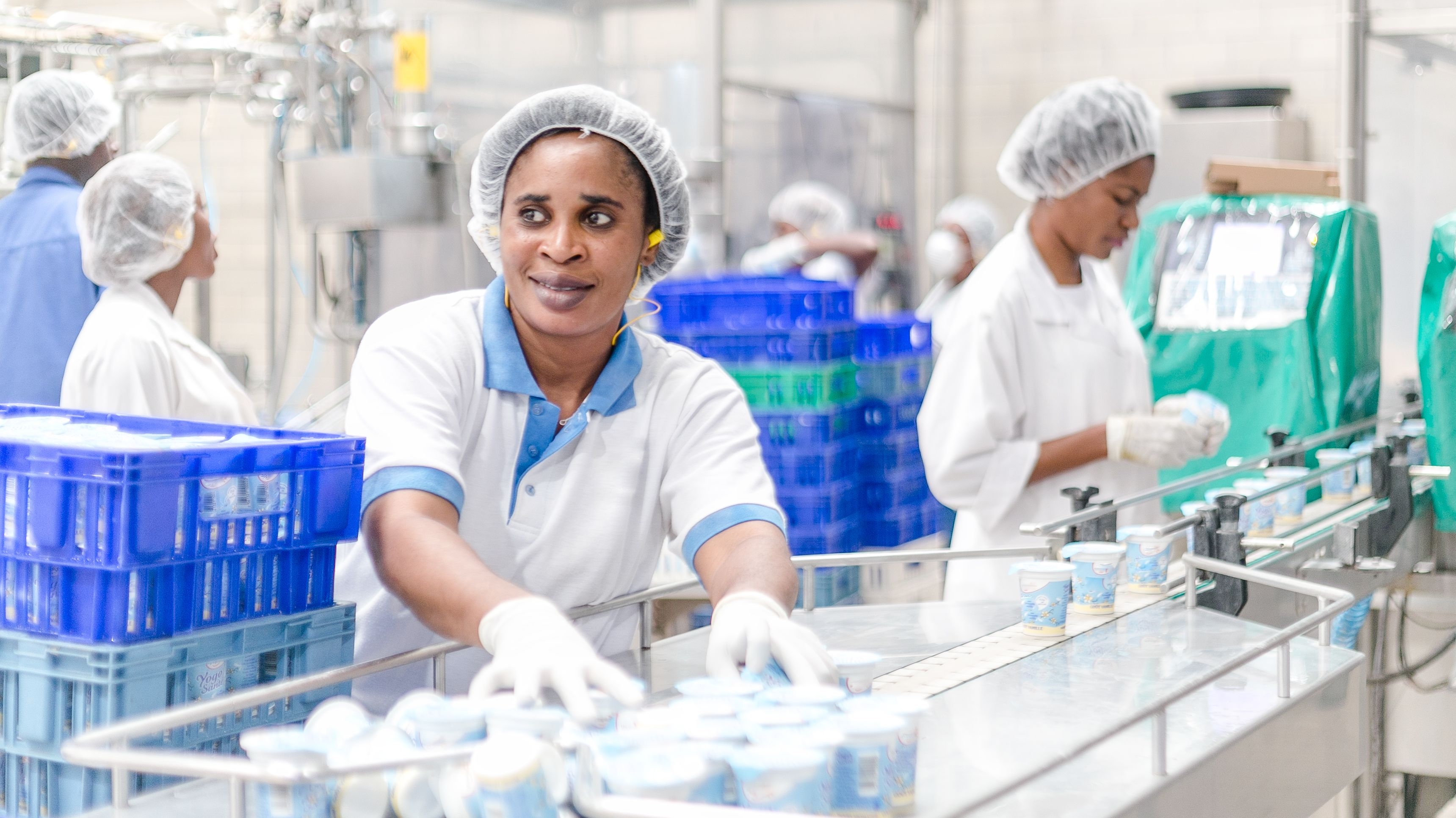
More recently, in collaboration with the African Union Inter-African Bureau for Animal Resources, UNIDO organized an information session on draft Codex guidance on the paperless exchange of electronic certificates – a concept that can aid the successful implementation of the African Continental Free Trade Agreement (AfCFTA) and other regional economic and trade agreements. This session provided regulators with essential answers to their questions on the draft proposal, contributing to its successful adoption in November 2021.
Acting as an independent arbiter in schemes such as these, UNIDO is able to apply both technical and institutional knowledge to interpret Codex guidelines in situations where there may be a lack of trust between parties or significant communication gaps.
Ultimately, providing developing countries with the knowledge and technical knowhow to take full advantage of active participation in Codex will help to develop more relevant global food standards and so propel more inclusive and sustainable industrial development.